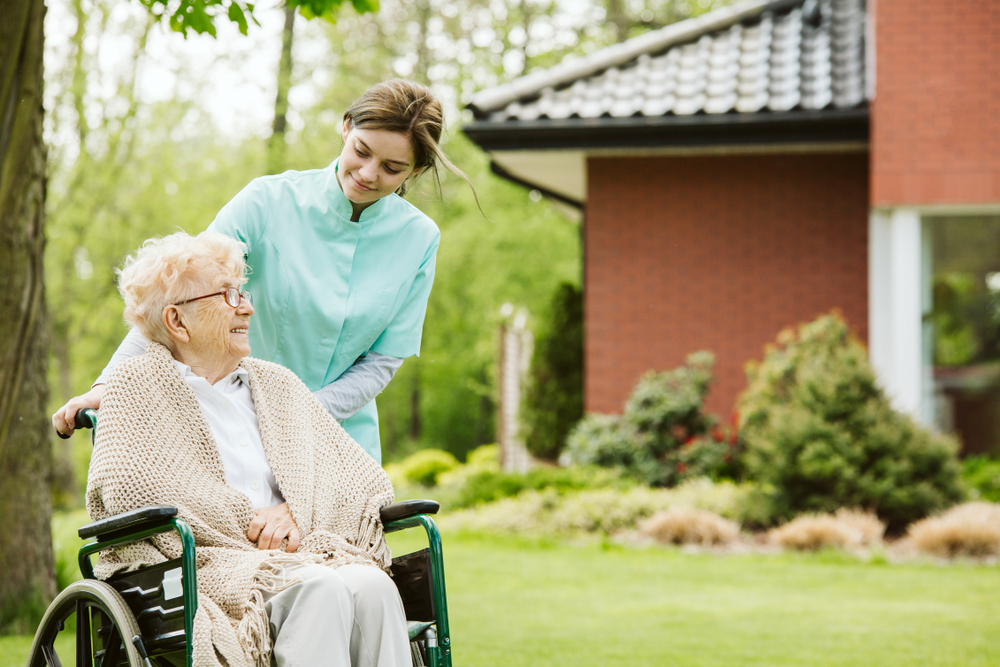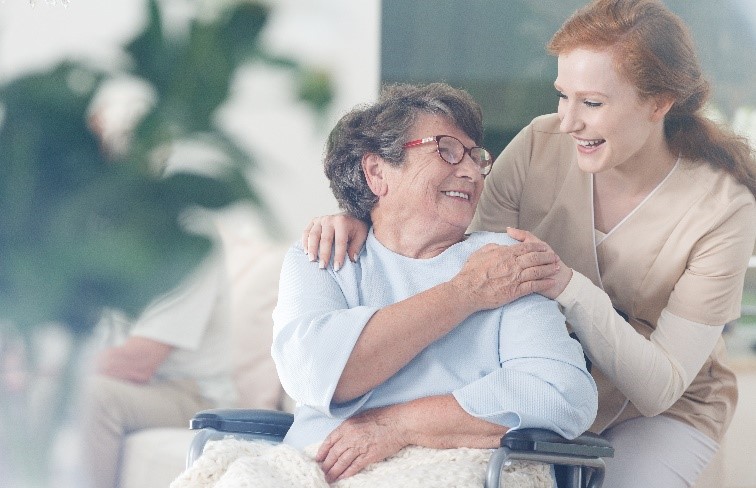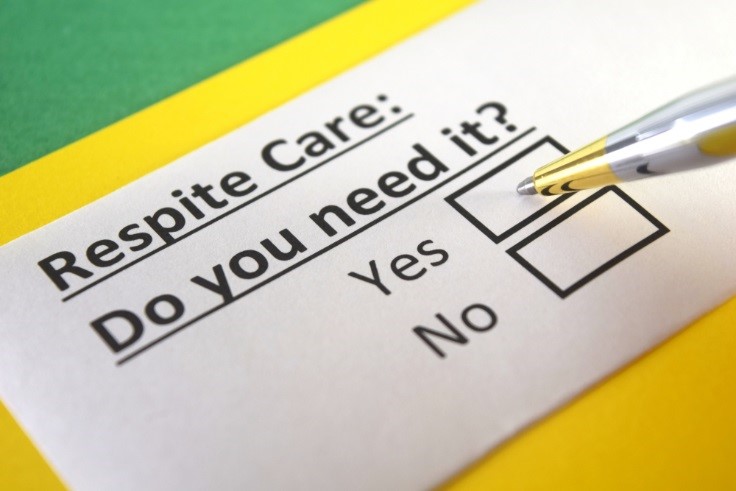Caring for an elderly loved one at home can be a rewarding experience, but it can also take a significant toll on your physical and mental health. As a caregiver, you need to take a step back and recharge your batteries every now and then. This is where respite care comes in – offering rest and reassurance for both parties. However, the Bureau of Labor Statistics says that 13.8 percent of the U.S. civilian population provides unpaid eldercare, and if you’re one of them, then this blog is for you.
The Care Your Loved One Needs In the Place They Love
Respite care provides the necessary elements that help seniors achieve the highest quality of life possible. We’re talking about access to medical care if needed and assistance with daily activities such as bathing, dressing, and eating. This helps you to do your everyday activities, relax, deal with stress, and look after yourself.
Related: Learn more about the benefits of respite care here.
Flexible Care You Can Count On
In-home respite care is, by its very nature, a care that provides benefits to both you and your love one. Unlike facility-based respite care, in-home respite care can be tailored to your loved one’s specific needs and schedule. You can choose the frequency and duration of care that best suits their needs.
A Chance to Socialize
While respite care provides companionship for your loved one, it also gives you the time to catch up with friends, both old and new. Yes, you can happily take time out for yourself, knowing that professionals are taking care of and accompanying your loved one. This means there is no room for loneliness and isolation concerns.
Assessment and Guidance
Since respite care will be provided by professionals, you’ll have a chance to determine your abilities and learn more about caregiving. Many caregiver families assume their role without having any experience, and this can put their loved one’s health at risk. A respite caregiver will guide you to develop easy schedules that include self-care and provides you with tips to avoid caregiver pitfalls.
Related: Learn more about helpful tips to avoid caregiver pitfalls here.
Conclusion
With in-home respite care, seniors and their family caregivers can get the needed break they deserve and build a better relationship. When you are looking for reliable in-home respite care in Wilmington, NC, turn to Home Instead Senior Care. Our respite caregivers are highly trained to assist seniors with all their daily needs. Call us at (910) 421-257 to create an in-home respite care plan for your parent.
















